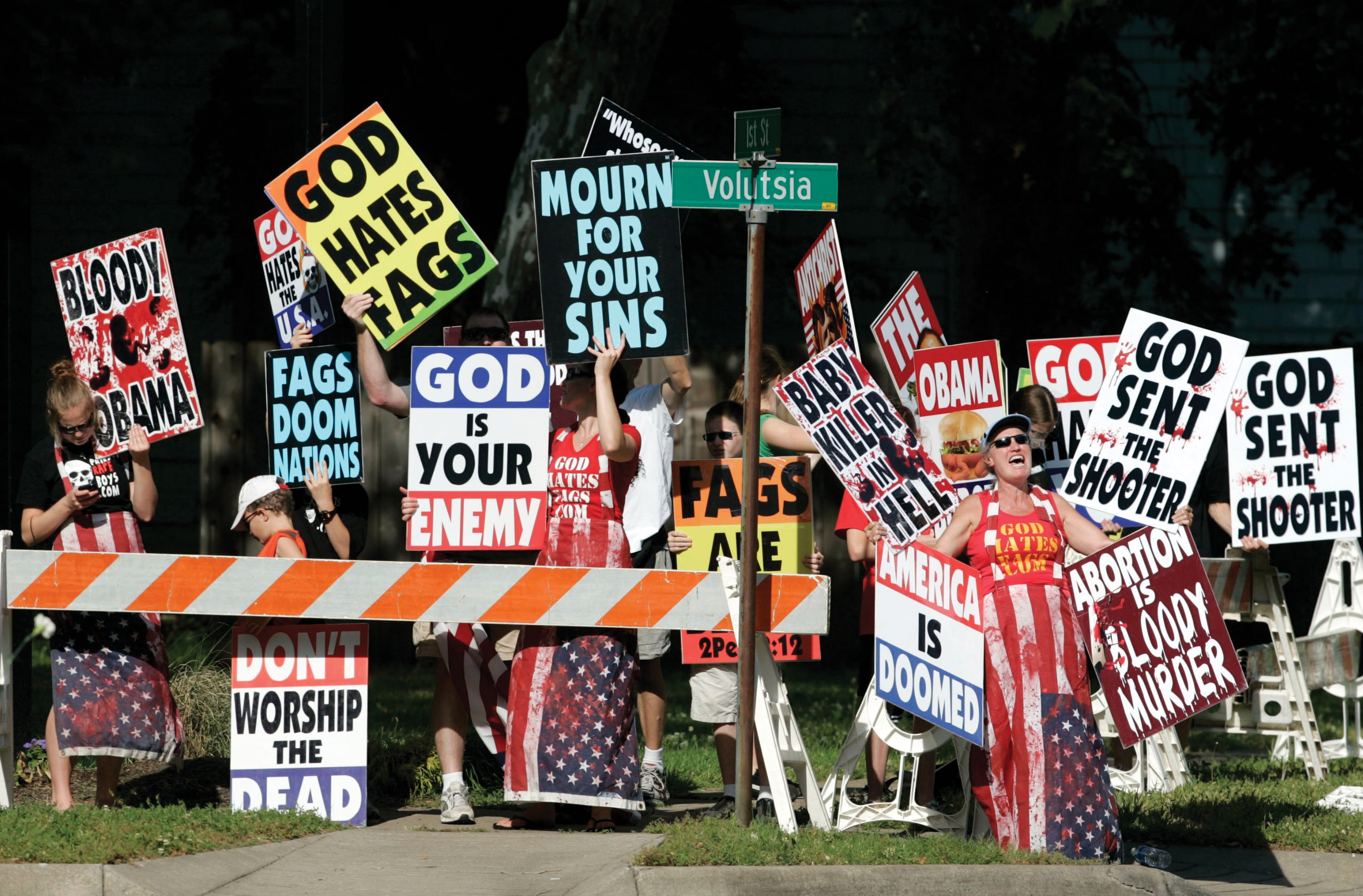They’ll Know We are Christians by Whom We Shame and How We Love
Early in my ministry, when the United Methodist Church’s arguments about the place of homosexuals among the clergy were a decade old, I recall there was a young queer person who sought ordination. She did not seem cut out to become a symbol. Whoever she was in her personal and private life soon became irrelevant. She was pulled into the vortex of loud, angry, public debate. In my annual conference (a regional expression of church comprised of all clergy and equal numbers of authorized laity), she became the face of the issue. I can’t image the pressure she felt.
She committed suicide.
When a person is stripped of their personhood to serve as the face of an issue, as either a champion or a target, we’ve moved onto swampy, moral muck.
In “the great state of Oklahoma,” where our governor recently claimed his “spiritual authority” to claim every square inch of the space for Jesus, we have a long history of dehumanizing persons by category. Brutalizing Native persons in boarding schools and through schemes to defraud them of their land and mineral rights. Sundown towns to include Black domestic workers by day and to banish them at night.
Today, public school teachers who simply want to tell the state’s and the nation’s full history or include all the students in their classrooms are targeted by legislators, the governor, and his secretary of education.
And then there are the students. Most public schools in Tulsa and Oklahoma City are comprised of a majority of non-white students, many of which would not recognize whitewashed American or Oklahoma history as their history. And students who identify as queer are supposed to be told they are malformed.
How well does anyone learn when subjected to pedagogies of shame and exclusion? How well does anyone learn when told not that they have a problem but that they are a problem?
What words, which framework, what moral universe provides context and fuel for such dehumanization?
You know the answer: Christianity.
One might object that hating in the name of Jesus is not real Christianity. As I’ve argued previously, each Christian tradition has normative understandings of the tradition—who Christians are, Christianity should be, what Christians should do. And each tradition has a tradition for what persons formed in that tradition actually do. One might call this practical Christianity or functional Christianity.
 Well, when someone is on the receiving end of action by a Christian who is motivated by what that Christian understands as Christianity, the person receiving that action does not care about the distinction between normative and functional. For the recipient, that received action IS a Christian action.
Well, when someone is on the receiving end of action by a Christian who is motivated by what that Christian understands as Christianity, the person receiving that action does not care about the distinction between normative and functional. For the recipient, that received action IS a Christian action.
Therefore, those persons who kill abortion doctors in the name of Jesus, or stand with their signs and shout about hell on the sidelines of a Pride parade, or batter a girl in a boarding school for speaking her native language, or sell healing in exchange for a donation are all being who Christians are and doing what Christians do—from the perspective of those on the receiving end of their actions.
This means Christianity is brutal because some Christians are brutal. Christianity is hateful because some Christians are hateful. Not only brutal and not only hateful but also brutal and hateful.
A favorite song from my youth group and youth ministry days is They’ll Know We are Christians by our Love. One verse pledges “And we’ll guard each one’s dignity and save each one’s pride.”
I believe that verse provides a worthy public ethic for Christians, including those who hold office, legislate, and set context. Much better than they’ll know we are Christians by who we shame and exclude.
Gary Peluso-Verdend is president emeritus at Phillips Theological Seminary and is the executive director of the seminary’s Center for Religion in Public Life. The opinions expressed in this blog are those of the author. Learn more about the Center’s work here and about Gary here.


Comments are closed.